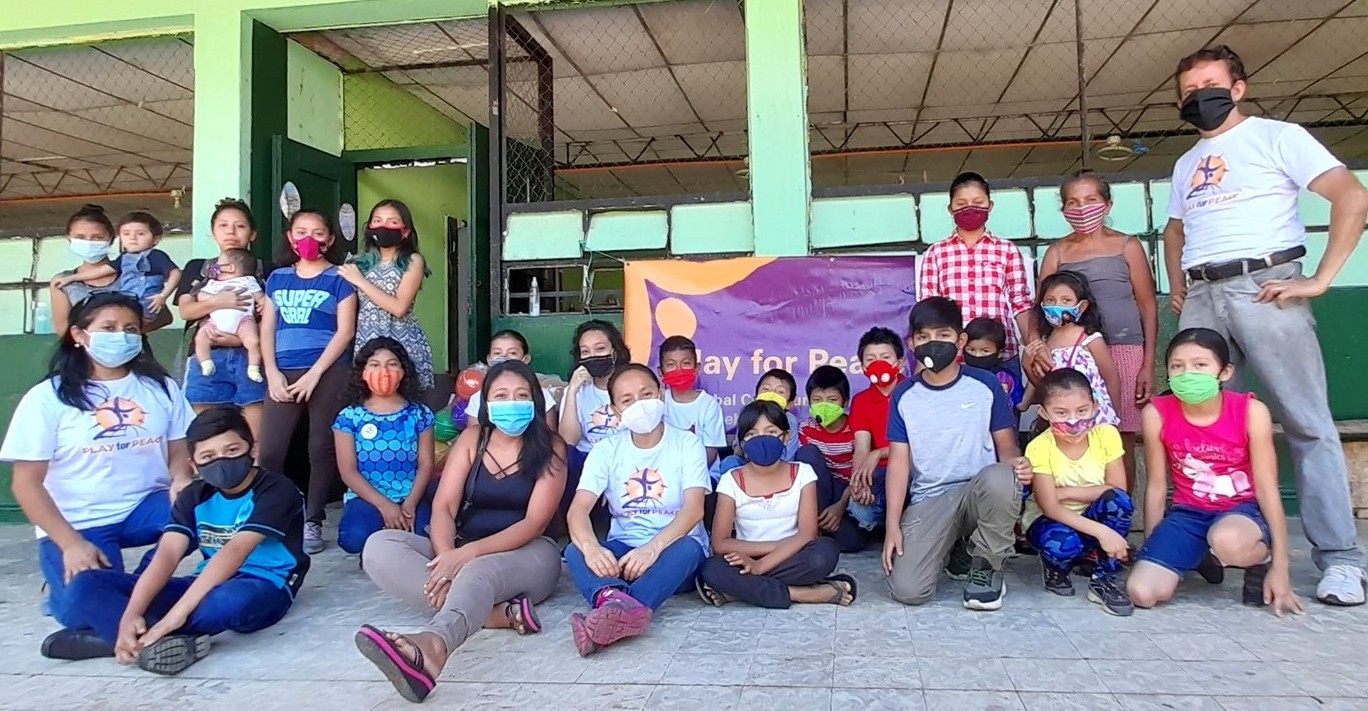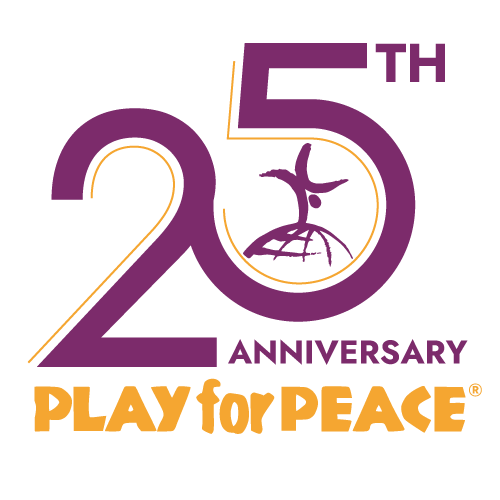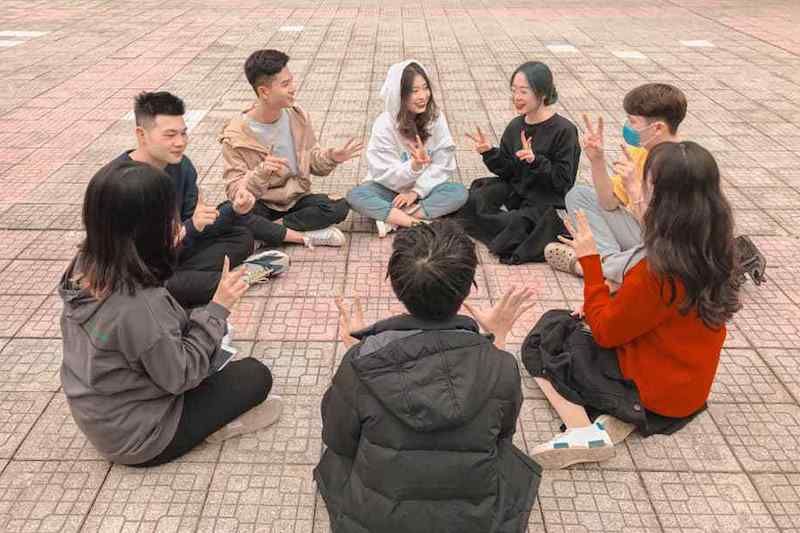At the end of 2020, Play for Peace launched a campaign to inspire the sharing of appreciation, gratitude, and compassion for friends, family, and anyone who made the year a little brighter. For Play for Peace, promoting appreciation is not only important in our own daily lives, but also in the lives of youth affected by conflict. The below piece, by Marianela Delgado, delves further into how sharing appreciation is important for the work we do at Play for Peace.
Play for Peace builds compassion, connection, and community and lifts up youth in conflict areas through activities that promote appreciation for each other despite their differences.
Appreciation is a feeling or expression of admiration, approval, or gratitude. Robert A. Emmons and Anjali Mishra, two psychologists who have done much research on the subject, suggest that gratitude arises from a posture of openness to others, where we can gladly recognize their benevolence. Also, Emmons indicates that in the face of brokenness, gratitude has the power to heal. In the face of despair, gratitude can bring hope. In other words, gratitude can help cope with hard times.
According to the United Nations, children and youth represent most of the population in most countries affected by armed conflicts and are disproportionately affected by war. Their suffering bears many faces. They are recruited as child soldiers, are killed and maimed, deprived of education and health care, and separated from their families. Sexual violence is increasingly a characteristic of conflict with detrimental long-term psychological effects on children and youth.
Children and youth also suffer from other conflict consequences such as poverty, unemployment, poor governance, and families' disintegration. Rehabilitation and reintegration are particularly critical for children and youth formerly associated with armed groups to break cycles of violence and find a new existence after a life of conflict and distress.

In 2017, the Institute for Economics & Peace emphasized that creating a high positive peace environment for young people can prevent peacefulness breakdowns. In this sense, Play for Peace lifts up youth in conflict areas through activities that promote appreciation for each other despite their differences. Play for Peace activities build compassion, connection, and community.
Play for Peace is a community of over 2,000 people spanning 40+ areas around the globe who are, right now, creating a more peaceful world by bringing together children, youth, and organizations in communities affected by conflict through cooperative play to create laughter, compassion, and peace.
Throughout the holiday season in 2020, Play for Peace focused on appreciating and inviting their mentors around the world to share gratitude for someone who has helped make this year a little bit better for them. Play for Peace asked members to learn more about creating joy in life during these trying times.
Play for Peace believes that strengthening the art of appreciation is one of the most powerful social transformation tools. ”We will almost always have more success when we praise, encourage, and inspire people into their greatness rather than criticizing them for their shortcomings. So appreciate yourself and others frequently in multiple ways. Build people up towards what you know they can become and praise them every step of the way,” explains Sarah Gough, Executive Director of Play for Peace.
To promote showing appreciation in youth affected by conflict, Play for Peace prepared one-hour session appreciation activities that include a virtual version. However, individuals can still enjoy practicing physical distancing, washing their hands frequently, and wearing masks.
Also, Play for Peace recommends two points to remember for adequate appreciation. First, use a sincere tone of voice and facial expressions to appreciate for more impact, and second, focus on more profound things than superficial things like looks. Focus on the character, values, personal qualities, and contributions of the person.
Marianela Delgado
References
Emmons, R. (n.d.). How Gratitude Can Help You Through Hard Times.



